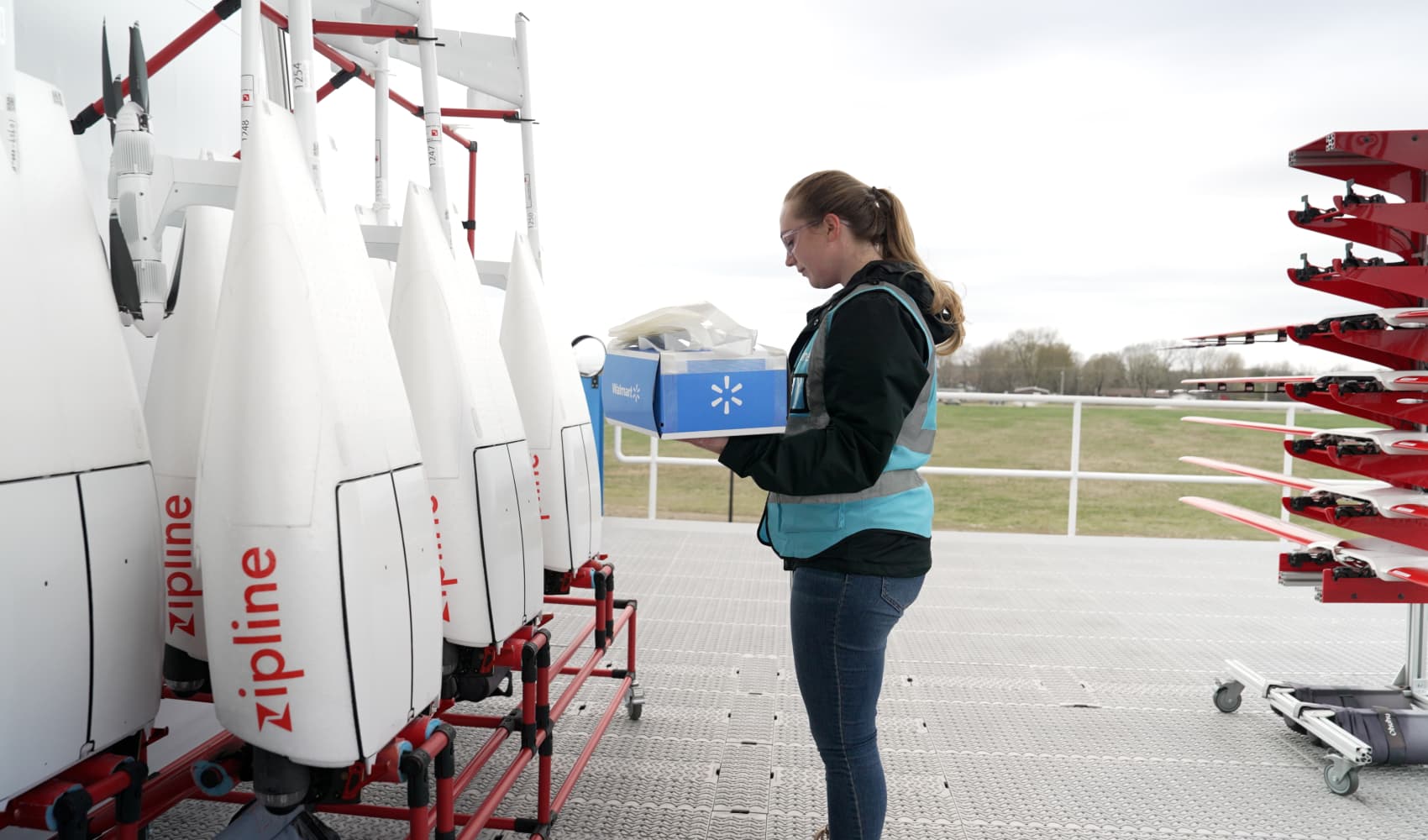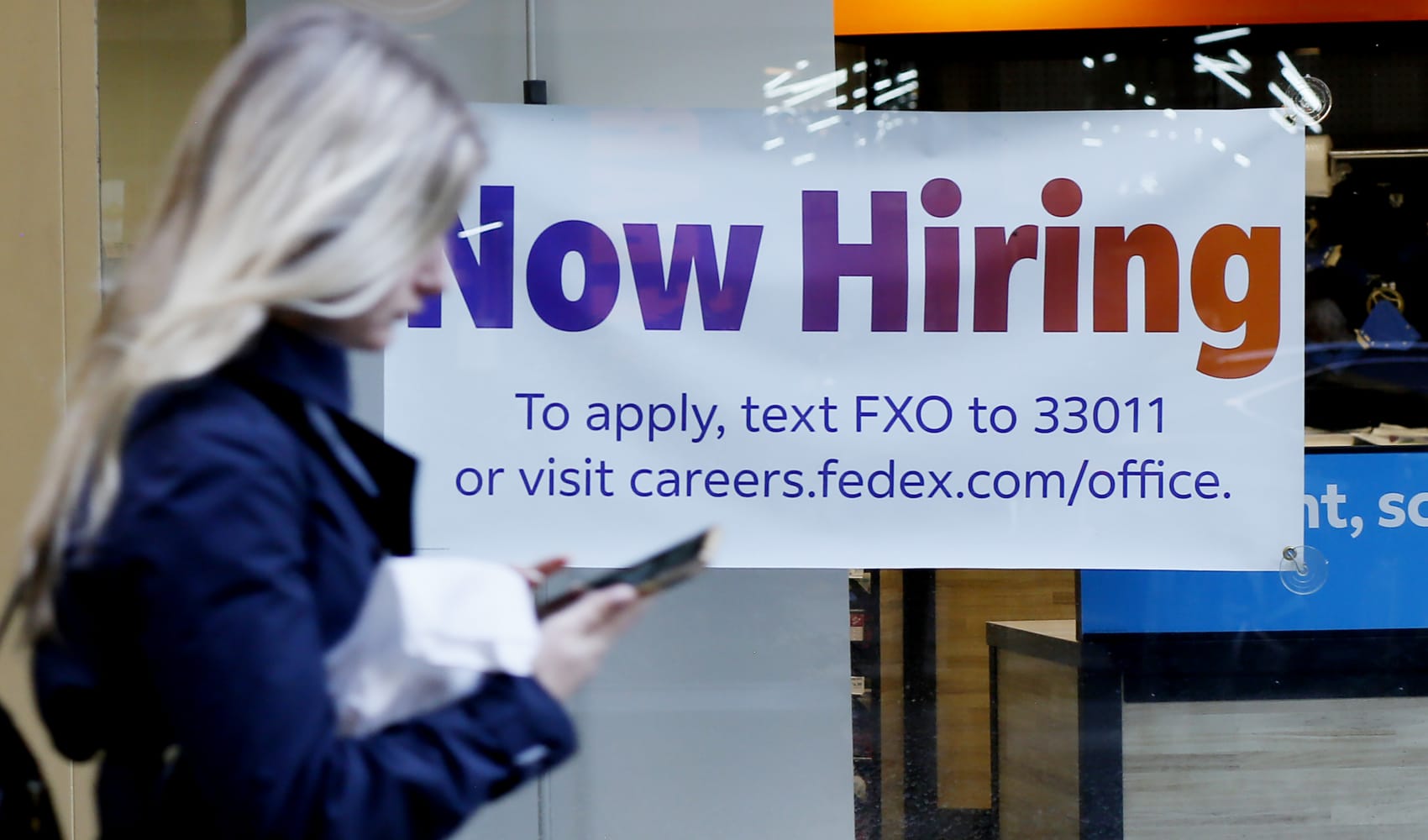
- A global survey by Headspace Health shows that at a time when employees need them the most, some companies are cutting back on mental health offerings.
- 71% of workers say their company increased the focus on mental health in the wake of Covid-19, but just 25% say they have kept up that focus in the last year.
- 83% of CEOs and 70% of employees report missing at least one day of work due to stress, burnout, and mental mental health challenges.
A survey of workers and CEOs across the globe looking at workplace issues driving stress and burnout concluded that at a time when employees need mental health options the most, companies are pulling back and taking the focus off these programs.
While stress from Covid-19 worries has started to abate, employees are increasingly feeling anxious from burnout and the disconnect that seems to exist between them and the leadership at their organizations.
Among the most notable findings:
Get San Diego local news, weather forecasts, sports and lifestyle stories to your inbox. Sign up for NBC San Diego newsletters.
- 94% of CEOs think they do enough to support workplace mental health, while 67% of employees feel the same way.
- 71% of workers say their company increased the focus on mental health in the wake of Covid-19, but just 25% say they have kept up that focus in the last year.
- 83% of CEOs and 70% of employees report missing at least one day of work due to stress, burnout, and mental health challenges.
The survey, done by Headspace Health, a digital mental health platform perhaps best known for its meditation app, is based on data from 500 chief executives and 5,400 full-time employees in the U.S., Australia, Germany, and U.K.
Employees say work harms their mental health
Money Report
With May being National Mental Health Awareness month, the spotlight is being shone on how the Covid-19 pandemic accelerated the need for mental health resources for employees.
A Lancet study estimates that the pandemic has led to 53 million additional cases of major depressive disorders and 76 million additional cases of anxiety disorders globally in 2020. The Headspace report reveals that 30% of employees feel work harms their mental health.
A big driver of that finding is the perception among employees that their companies are pulling back on mental health support at a time when workers need it the most.
"As pandemic restrictions ease, there are signs that a 'business as usual' mindset is creeping back into the world," says Desiree Pascual, chief people officer for Headspace Health. "And at a time when even the perception of employer indifference to mental health is helping to fuel the great resignation, scaling back on support is a risky strategy for employers."
The survey further shows that while employees expect companies to make mental health offerings easy to access, just 66% of workers feel that they are.
Mattel senior director of global benefits Keith Saucier said the toy giant started working with Headspace Health right before the pandemic. An annual survey of employees showed that while the company was in the midst of a turnaround, stress and burnout were emerging as challenges for its workforce.
"We wanted to give our employees new tools for managing stress and the app gave them meditation, sleep, and movement offerings that were good for building resilience and easy to use," he says.
Once the pandemic hit, Mattel began offering live guided meditations, recruiting senior leaders, including the head of the Barbie brand, to lead some of them. The company also rolled out webinars for managers specific to preventing burnout among staff, including how to recognize signs of it among their workers.
"I can't overestimate how important it has been for us to have regular and ongoing communication about all these programs and how committed Mattel is to employee well-being," Saucier says. "If we don't do this right we're going to lose people."
CEOs are getting onboard
One of the bright spots of the survey highlighted the degree to which chief executives are recognizing the good that comes from mental health benefits, not only for their workforce but for themselves as well. Sixty percent of the CEOs surveyed said they use their company's mental health benefits regularly, and a nearly equal percentage said talking about their mental health issues makes them better leaders.
"Talking about mental health or anything to do with employee wellbeing used to be the sole responsibility of human resources," says Pascual. "Now it's the responsibility of every leader."
For Patrick Manzo, CEO of employee experience platform Kazoo, the ability to model humility for his senior leaders and staff is paramount and one of the ways he addresses wellbeing.
There are times, he says, when he'll admit to his staff that he might not have hit the agenda quite right on an all-hands meeting or didn't appropriately consider the reaction of an audience he was speaking in front of.
"I'm open to saying that I made a mistake and I truly believe that it depressurizes the environment and shows people that it's okay to make a mistake and show humility," he says. "People don't want to be led by robots."
To join the CNBC Workforce Executive Council, apply at cnbccouncils.com/wec.






